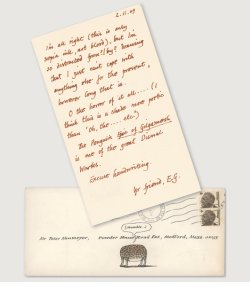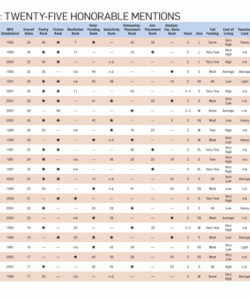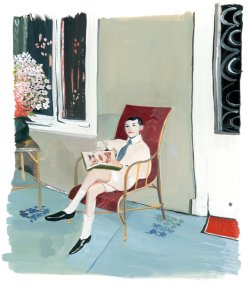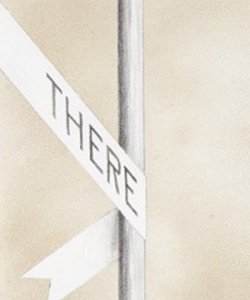The Written Image: Floating Worlds

In this issue we offer a look at a note written in 1969 from Edward Gorey to Peter F. Neumeyer, included in the book Floating Worlds: The Letters of Edward Gorey and Peter F. Neumeyer, published by Pomegranate this month.











